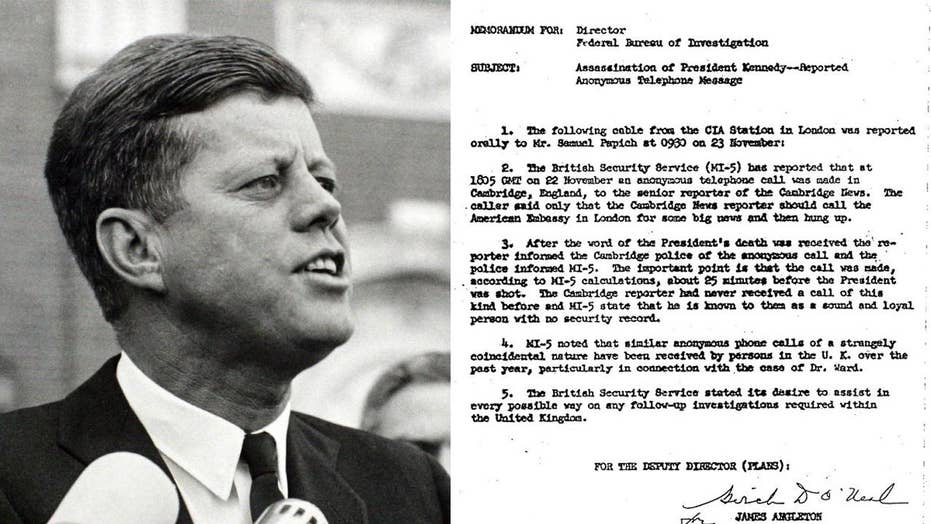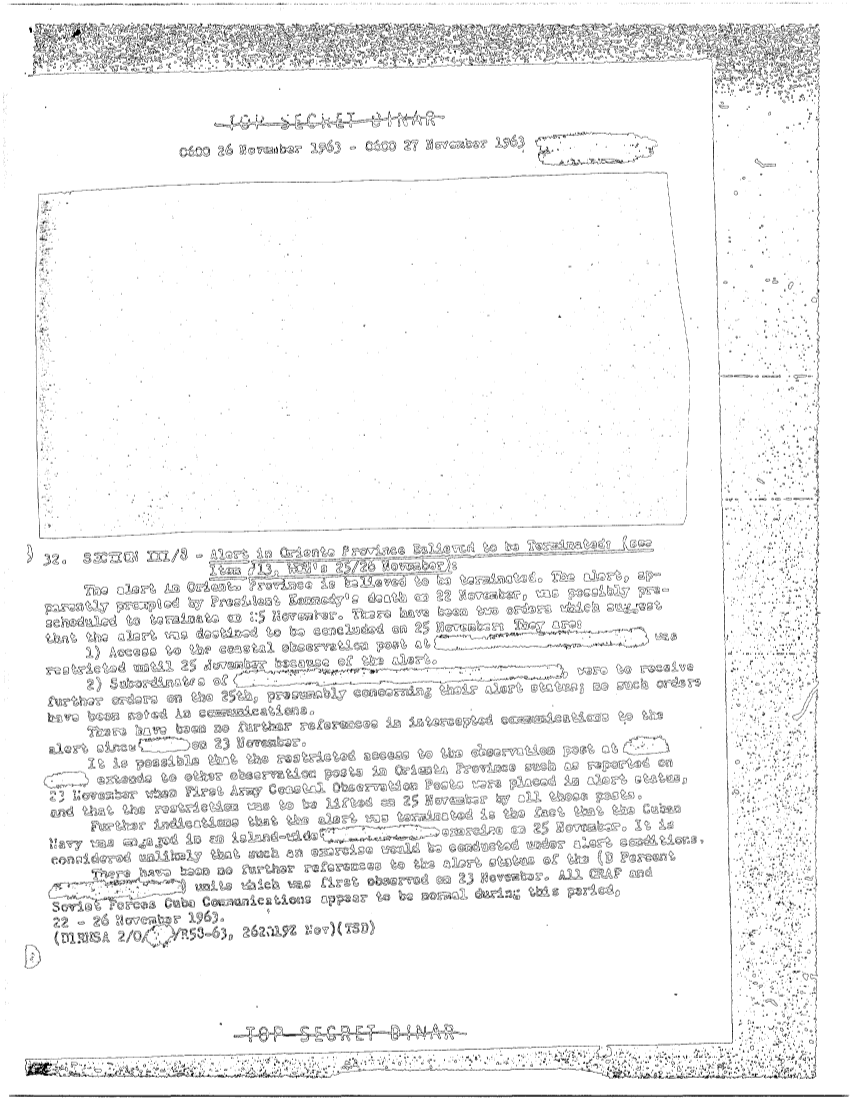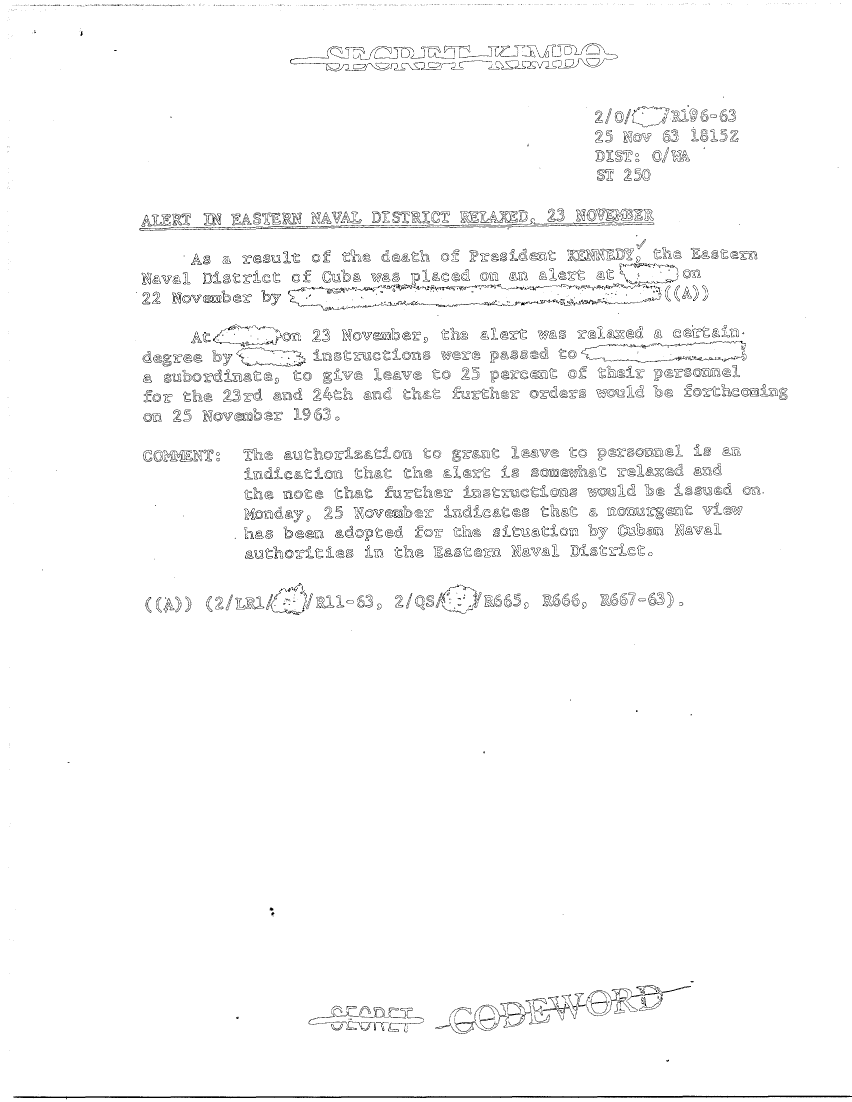Exploring The JFK Files: Privacy, Security, And Historical Transparency
On November 22, 1963, the assassination of President John F. Kennedy became a pivotal moment in history, leaving behind a legacy of unanswered questions and widespread speculation. Decades later, the release of previously classified documents, collectively known as the JFK files, has brought sensitive information, including social security numbers and personal details, into the public domain. This development has ignited critical discussions about transparency, privacy, and national security, influencing both historical understanding and modern-day privacy concerns.
The JFK files represent a vast collection of government records, including reports, photographs, and testimonies, related to the assassination of President Kennedy. The gradual declassification of these documents in recent years has provided new insights into the events surrounding his death and the subsequent investigations. However, the exposure of personal information within these files has sparked ethical and legal debates, raising questions about the balance between public knowledge and individual privacy.
As we delve deeper into this subject, it is essential to examine the significance of the JFK files, the nature of the private information disclosed, and the broader implications for privacy and security in the digital age. This article aims to explore these issues comprehensively, offering a balanced perspective informed by credible sources and expert analysis.
Read also:Experience The Phenomenal Speed Of Jalen Milroe At Alabama Pro Day
Understanding the JFK Files and Their Importance
What Are the JFK Files?
The JFK files consist of an extensive archive of documents, photographs, and audio recordings compiled by various government agencies during the investigation into President John F. Kennedy's assassination. These files encompass reports from the FBI, CIA, and other entities, as well as testimonies from witnesses and participants involved in the inquiry. Collectively, they form one of the most significant historical archives in U.S. history, offering unparalleled insight into one of the nation's most defining moments.
For many years, a significant portion of these documents remained classified, ostensibly for reasons of national security and privacy. However, the JFK Records Collection Act of 1992 mandated the release of these files to the public, with certain exceptions for sensitive materials. In recent years, a substantial number of documents have been declassified, revealing previously undisclosed details about the assassination and its aftermath. These revelations have not only enriched historical understanding but also raised critical questions about the handling of sensitive information.
Why Are the JFK Files Important?
The JFK files hold immense importance due to their potential to clarify or complicate the official narrative surrounding JFK's assassination. For decades, the secrecy surrounding these documents fueled numerous conspiracy theories, casting doubt on the findings of the Warren Commission. By making the files public, the government sought to promote transparency and accountability, addressing longstanding concerns about the veracity of historical accounts.
- Historical Significance: The JFK files provide an invaluable window into one of the most pivotal events in American history, offering researchers and historians a wealth of primary sources.
- Legal Implications: The exposure of private information, such as social security numbers, highlights the need for improved safeguards during the declassification process, ensuring that historical transparency does not come at the expense of individual privacy.
- Public Interest: The files continue to captivate audiences worldwide, sparking ongoing debates about truth, transparency, and the enduring mysteries surrounding JFK's assassination.
Unmasking Private Information in the JFK Files
Social Security Numbers in the JFK Files
Among the revelations in the JFK files is the inadvertent disclosure of social security numbers belonging to individuals involved in the investigation or related to the case. Originally designed for tracking purposes, social security numbers have become a cornerstone of personal identification in the United States. The inclusion of such sensitive data in publicly accessible records poses significant risks, including identity theft, financial fraud, and reputational harm.
Data breaches involving social security numbers are not uncommon, but their presence in historical documents adds a unique dimension to the issue. The JFK files serve as a stark reminder of the challenges associated with preserving privacy while ensuring historical accuracy and transparency. This dilemma underscores the need for more rigorous protocols in the handling and declassification of sensitive information.
Other Private Information Exposed
In addition to social security numbers, the JFK files contain a wide array of other private information, including personal correspondence, medical records, financial details, and family-related data. These details were often incorporated into investigative reports and testimonies, reflecting the meticulous nature of the initial inquiry. However, the declassification of such information without adequate redaction raises serious ethical concerns about the protection of individual rights and the potential consequences for affected parties.
Read also:A Tense Standoff At Cia Headquarters Analysis And Implications
Implications for Privacy and Security
The Risks of Exposing Sensitive Data
The exposure of private information in the JFK files highlights the profound risks associated with data exposure, particularly in today's digital age, where cyber threats are increasingly prevalent. Individuals whose personal information has been disclosed face a range of potential harms, including:
- Identity Theft: The unauthorized use of personal data for fraudulent purposes, often resulting in significant financial and emotional distress.
- Financial Fraud: The misuse of financial details to exploit individuals' accounts or obtain credit in their name.
- Reputational Damage: The public disclosure of sensitive information, such as medical or financial records, can lead to lasting harm to an individual's reputation and social standing.
Moreover, the exposure of such data erodes public trust in government institutions and their ability to safeguard personal information, underscoring the urgent need for improved data protection measures.
Steps to Mitigate Privacy Risks
To address these concerns, several measures can be implemented to mitigate privacy risks associated with document declassification:
- Robust Redaction Processes: Ensuring that sensitive information is thoroughly redacted before documents are released to the public, minimizing the risk of unintended disclosures.
- Advanced Encryption Technologies: Utilizing cutting-edge encryption methods to protect sensitive data during storage and transmission, reducing the likelihood of unauthorized access.
- Clear Guidelines for Handling Sensitive Information: Establishing comprehensive protocols for the management of classified materials, ensuring consistency and accountability across all relevant agencies and stakeholders.
By prioritizing privacy protection, governments can balance the demands of historical transparency with the need to safeguard individual rights, fostering greater trust and confidence in public institutions.
Legal and Ethical Considerations
Legal Frameworks for Protecting Privacy
The exposure of private information in the JFK files raises critical questions about the adequacy of existing legal frameworks in protecting privacy. Laws such as the Freedom of Information Act (FOIA) and the Privacy Act of 1974 were designed to balance transparency with privacy protection. However, the complexities of declassifying historical documents often challenge these frameworks, necessitating updates and refinements to address emerging issues in the digital era.
Experts argue that strengthening these legal protections is essential to prevent future breaches and ensure the responsible handling of sensitive information. By adapting to the evolving nature of data privacy, policymakers can better safeguard individual rights while promoting transparency and accountability.
Ethical Responsibilities of Document Custodians
Beyond legal obligations, there is a profound ethical responsibility for document custodians to safeguard private information. This responsibility extends to government agencies, archives, and researchers who handle historical records. Ethical considerations include:
- Respecting Individual Privacy Rights: Ensuring that the rights and dignity of individuals whose personal information is documented are upheld and protected.
- Minimizing Harm to Affected Parties: Taking proactive steps to mitigate potential harm to individuals whose sensitive data may be inadvertently exposed.
- Promoting Transparency Without Compromising Confidentiality: Striving to strike a balance between sharing historical knowledge and preserving the confidentiality of personal information.
By adhering to ethical standards, stakeholders can uphold the integrity of historical research while demonstrating a commitment to protecting those whose lives are documented in these records.
Historical Context and Lessons Learned
The Evolution of Privacy Concerns
Privacy concerns surrounding the JFK files are part of a broader historical narrative shaped by technological advancements and societal changes. Over the years, the digital revolution has transformed the landscape of privacy protection, introducing both new challenges and opportunities for safeguarding personal information. The exposure of sensitive data in the JFK files serves as a poignant reminder of the ongoing need to adapt privacy frameworks to meet the demands of an increasingly interconnected world.
Lessons learned from the JFK files can inform future approaches to document declassification and privacy management. By analyzing past successes and shortcomings, policymakers and researchers can develop more effective strategies for balancing transparency with privacy, ensuring that historical records are handled responsibly and with due regard for individual rights.
Public Perception and Trust
Public perception plays a crucial role in shaping trust in government institutions. While the release of the JFK files has promoted transparency, it has also raised doubts about the government's ability to protect sensitive information. Restoring public trust requires not only addressing immediate concerns but also fostering a culture of accountability and openness, where transparency is prioritized without compromising individual privacy.
Engaging with the public through transparent communication and participatory processes can help rebuild trust and ensure that historical records are managed responsibly. By involving stakeholders in decision-making and promoting dialogue, governments can demonstrate their commitment to safeguarding personal information while advancing historical understanding.
Conclusion and Call to Action
In conclusion, the exposure of social security numbers and other private information in the JFK files highlights the intricate relationship between transparency, privacy, and security. While the release of these documents provides valuable insights into one of history's most significant events, it also underscores the critical need for improved safeguards to protect personal information. Strengthening legal frameworks, adopting ethical practices, and fostering meaningful public engagement are essential steps toward addressing these challenges.
We invite you to join the conversation by sharing your thoughts and questions in the comments section below. For more articles exploring the intersection of history, privacy, and security, explore our website and stay informed about the issues that matter most. Together, we can work toward a future that values both transparency and the protection of individual rights.
Table of Contents
- Understanding the JFK Files and Their Importance
- Unmasking Private Information in the JFK Files
- Implications for Privacy and Security
- Legal and Ethical Considerations
- Historical Context and Lessons Learned
- Conclusion and Call to Action


